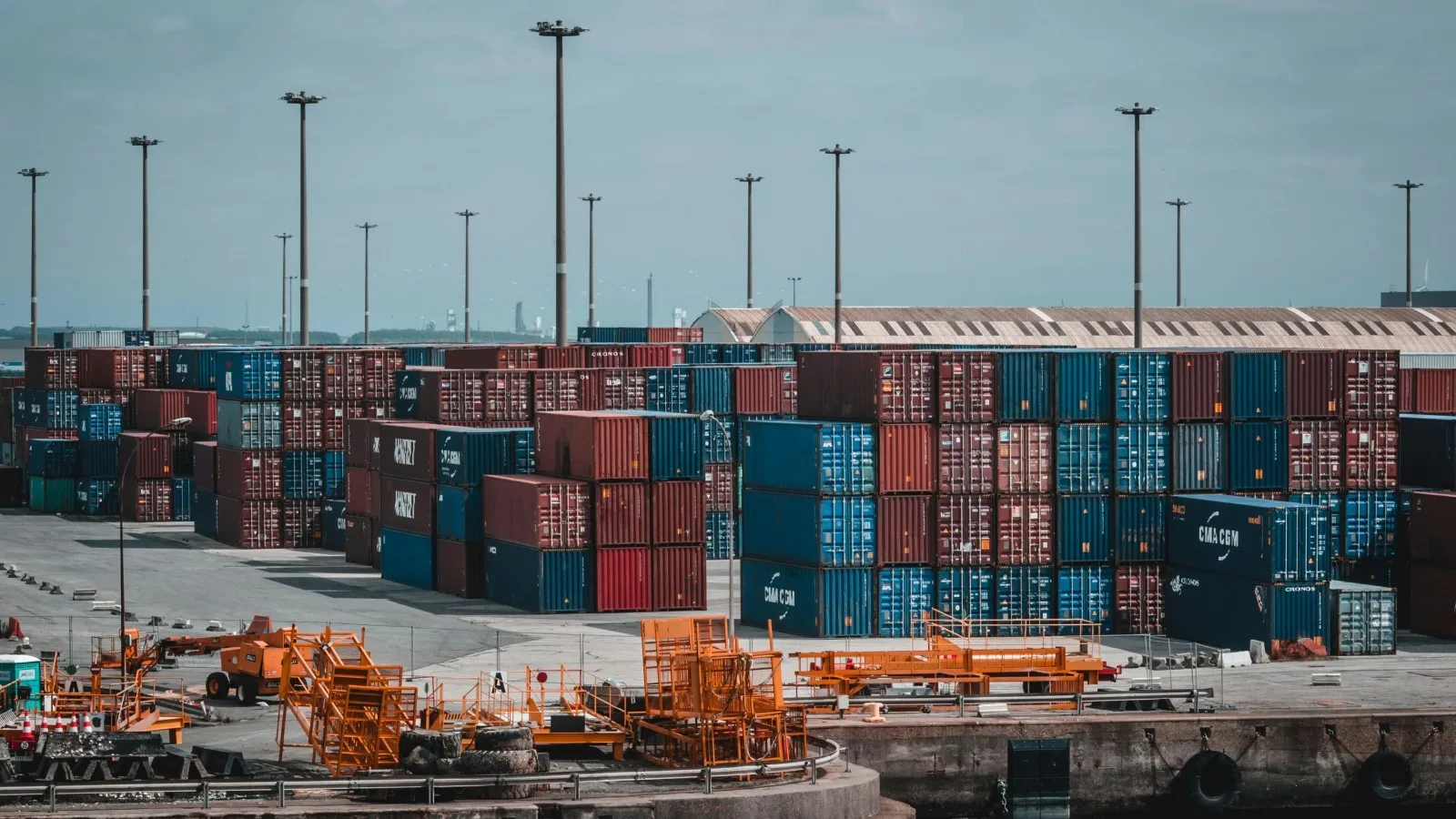Original Report: www.cbc.ca(full story)
- Approximately 45,000 union workers plan a strike at U.S. East and Gulf Coast ports on Oct. 1, potentially causing significant disruptions ahead of the presidential election.
- The International Longshoremen’s Association is in a deadlock over pay negotiations, with the current contract expiring just before the planned strike.
As the first strike by the International Longshoremen’s Association (ILA) since 1977 looms, the potential impact is staggering. A JPMorgan analysis anticipates that this strike could cost the U.S. economy up to $5 billion daily, disrupting trade through 36 ports that account for about half of the nation’s ocean imports.
The clash between the ILA union, representing workers from Maine to Texas, and the U.S. Maritime Alliance has reached an impasse, exacerbated by looming contract expiration at midnight on September 30. Without intervention from the Biden administration, the strike threatens to cripple supply chains, possibly leading to significant shortages and inflation for consumers already grappling with rising costs for housing and food.
Longshoremen’s Role:
Longshoremen, or stevedores, are vital laborers who manage cargo handling for incoming ships. Their responsibilities include:
- Operating cranes to transfer cargo containers
- Securing cargo during transit
- Managing associated shipping documentation
The stakes are particularly high for industries reliant on imported goods. For instance, ports involved in the current contract facilitated $37.8 billion worth of vehicle imports in the past year, along with extensive machinery, agricultural, and pharmaceutical shipments.
Striking workers could jeopardize approximately 53% of all U.S. waterborne agricultural imports, with potential losses of $1.1 billion weekly. Additionally, a significant portion of the nation’s banana and coffee imports arrives via these ports.
While the impact on oil, gas, and coal exports might be minimal, delays and increased shipping costs would ripple across various sectors. Major ports such as New York, New Jersey, Savannah, Houston, Norfolk, and Charleston processed over 1.5 million shipping units last month, indicating a heavy reliance on these transport hubs.
In summary, the impending strike poses a multifaceted threat, with delays beginning immediately and recovery predicted to take weeks post-strike. Major shipping firms have cautioned that merely a one-week shutdown could create extensive backlogs, further complicating an already tenuous economic landscape.







